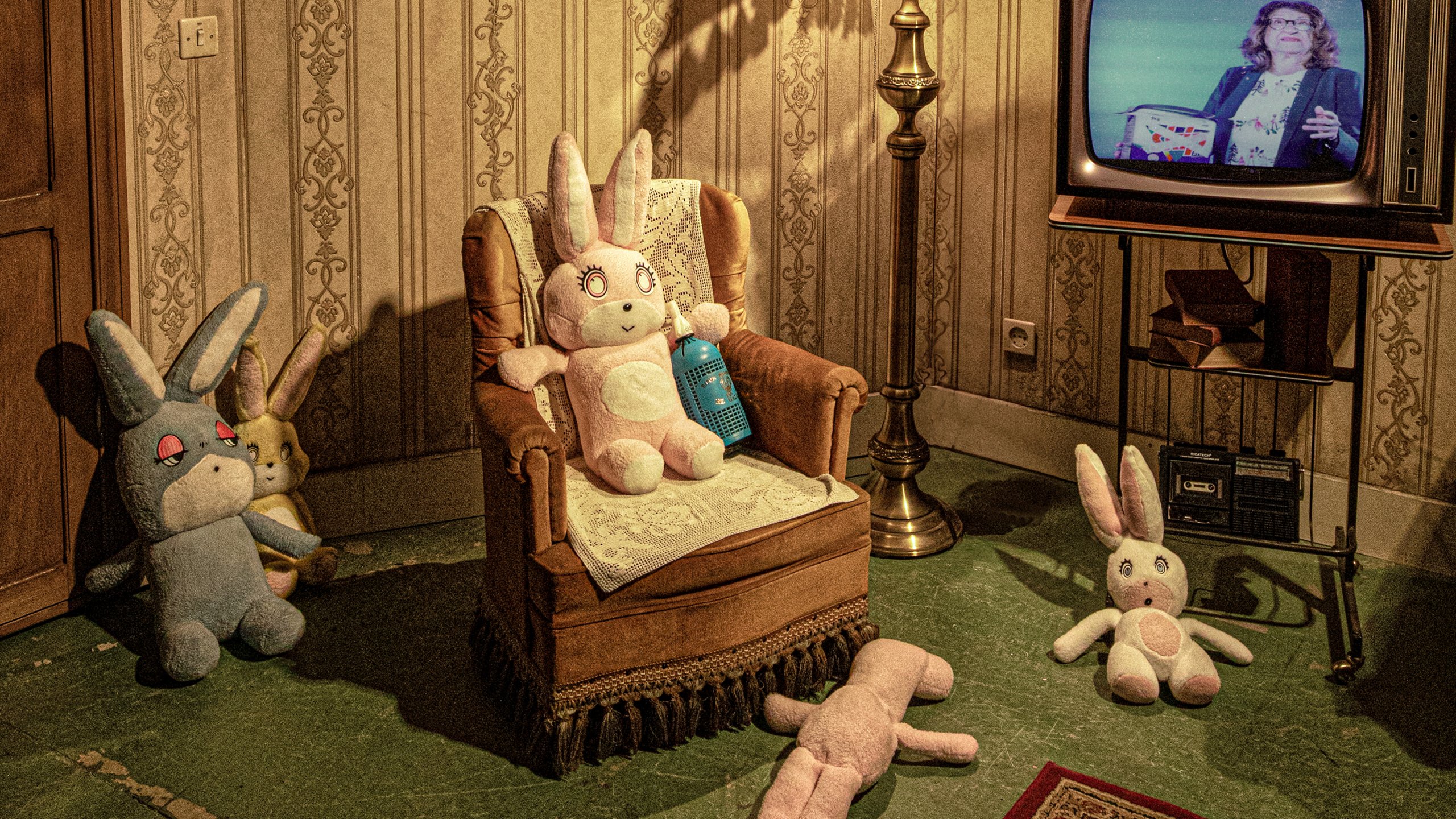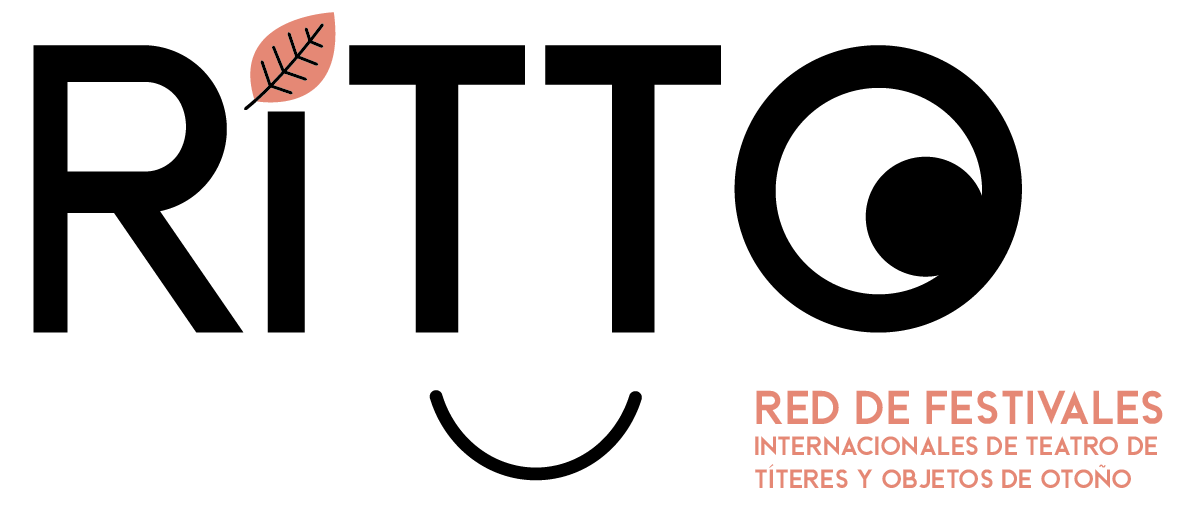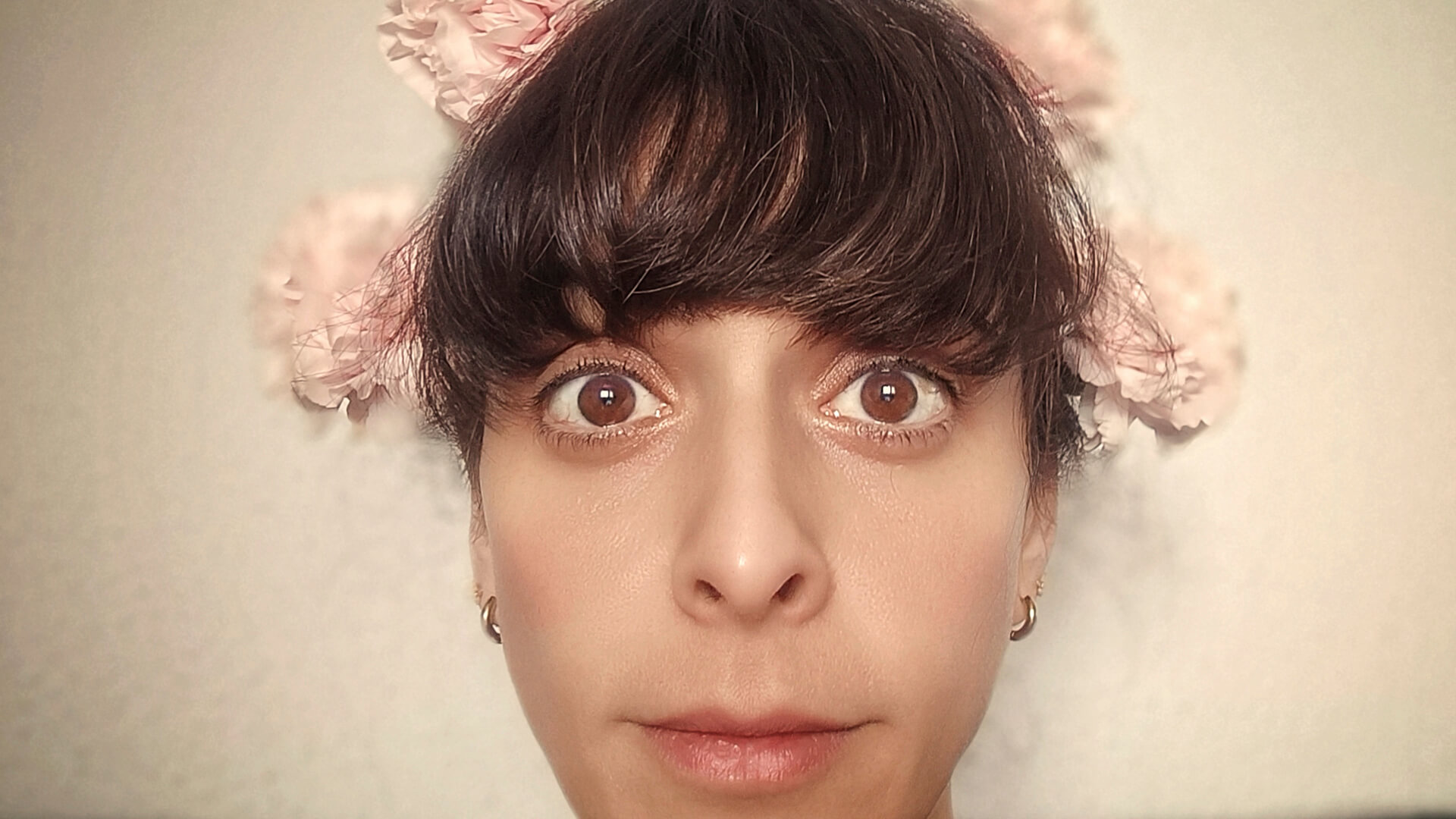About the show
Berta has just received an official notification informing her that she is the only heir of a distant aunt she didn’t know. Her only possession was a small house in Zarzalillo de la Seca, a tiny village in the middle of nowhere. Given her dire financial situation, she decides to cancel her lease in the city and start a new and exciting stage in her own home, settling forever in the emptied Spain.
But despite not having lofty aspirations, far from finding tranquillity, Berta finds a house with a lot of history, a house with its old-house quirks, its habits, its way of doing things.
At times, the house even seem rebellious, as though it has something to say about this inheritance. The house must also adapt to its new occupier. After several days, Berta begins to doubt whether only the house is like that, or the entire town. Maybe the neighbours are involved, maybe her aunt isn’t really dead. She only knows one thing for sure: this is all very strange.
ÁRIDO is a house in Zarzalillo de la Seca.
ÁRIDO is Berta’s life.
ÁRIDO is the relationship between a rebellious house and its new owner.
ÁRIDO is… It’s all quite strange
Note from the author and director
arid, from the Latin arĭdus.
Adj. Dry, sterile, low in juice and moisture.
synonyms: dry, desert, barren, sterile, empty, uninhabited, infertile, unproductive, uncultivated.
ÁRIDO arises from the desire to experiment, test, play with all the languages that have seduced us in recent years, bravely and without fear. To find the image it tells, the right image that excites and surprises, that takes us to poetic and mischievous places.
We started the project as a creation with no text at first, but with very precise dramaturgy based on situations. We crafted the shape of the scenes through improv and researched each of the methods proposed: puppet theatre, objects, visual tricks, poetry, audiovisual and physical theatre.
And we finally found the place in which to house all of them, which is the village house inherited by our BERTA. A house full of life where she will have to fit in, but be forewarned: it won’t be easy.
The absurd is ever-present in the play. We look for humour through outrageous situations, incomprehensible events that make us smile, the unexpected, the impossible that becomes almost routine in Berta’s life.
Vera González





